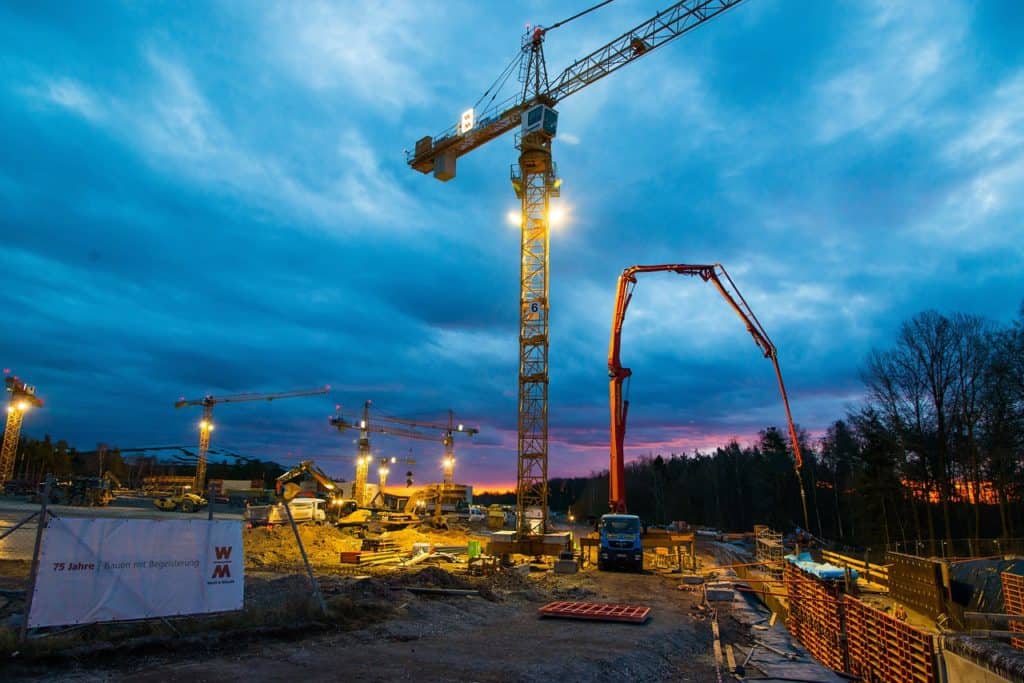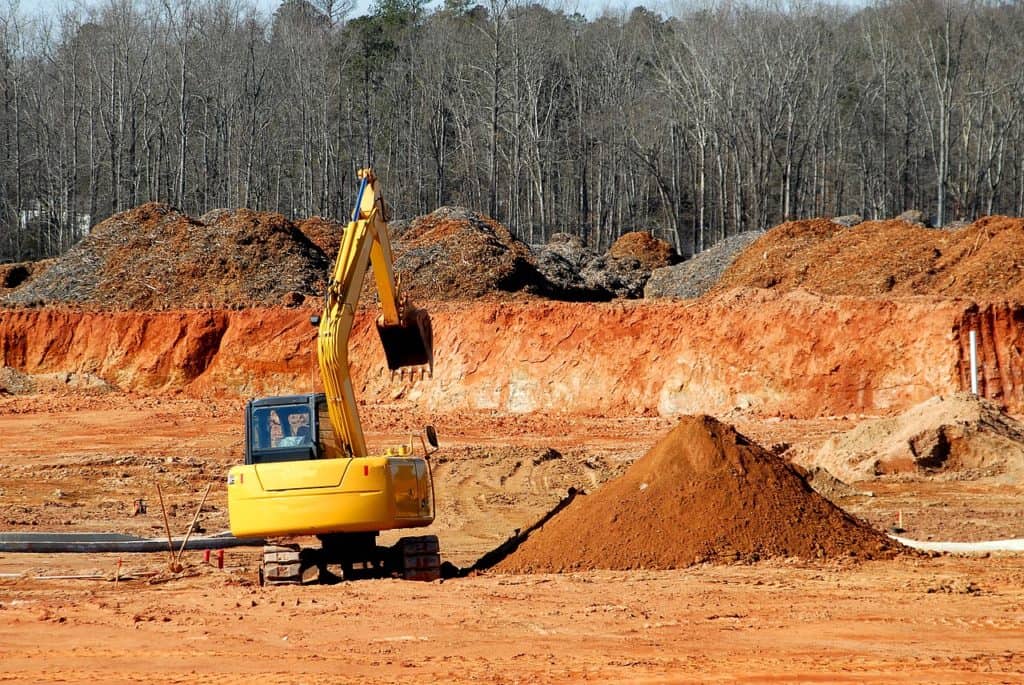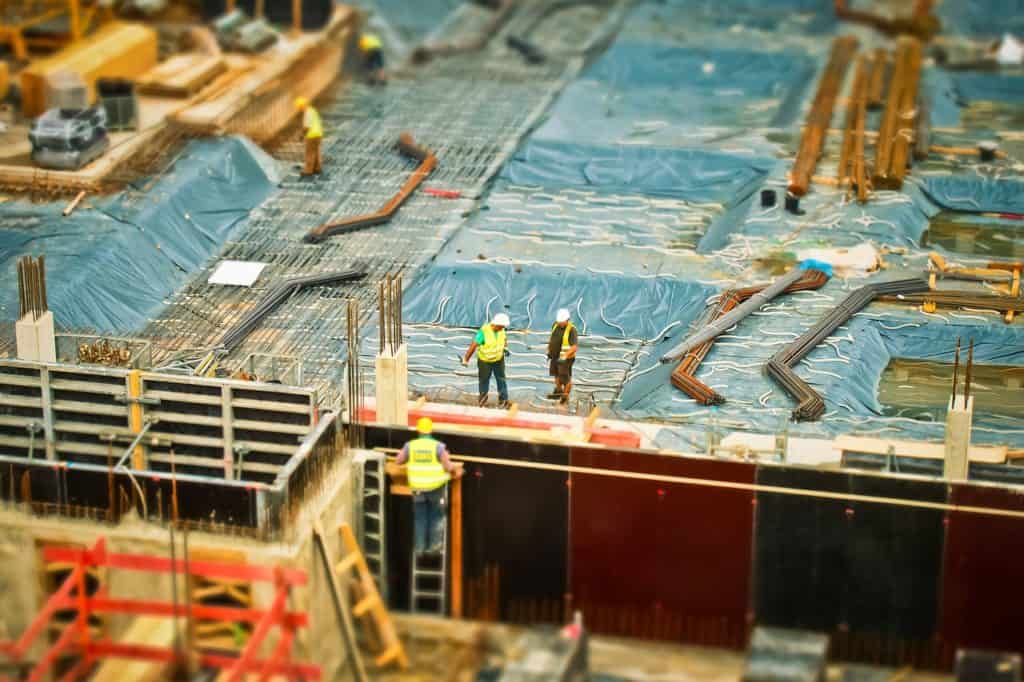Working in the construction industry allows you to see projects through from their initial stages right up until completion. You are an integral part of making sure the architectural design on a piece of paper becomes a fully functioning building. You ensure that the project comes in on time and budget, you liaise with tradespeople to ensure the highest specification of work and you boost morale on the bitterly cold days when people still have to be on site. As a foreman in the construction industry, you are the central cog of a well-oiled machine. However, what happens if you fall victim to an accident at the workplace and you find yourself with an injury that is a little more serious than a cut finger? Take a look at this guide and follow the advice when considering the best course of action to take if you have suffered an injury at work.

Look After Yourself
In the immediate aftermath of an injury, it is vital that you take care of yourself. Whether you have slipped a disk in your back or broken your leg, it is important to secure the medical care you need. An ambulance should be called, and your first aider notified of the situation. Make sure that someone goes with you when you are taken to the emergency room and ask them to take notes of what any doctor may say to you regarding your injury and prognosis. Whatever you do, don’t put a brave face on the injury, shrug it off and venture home. Worse still, don’t continue working. You have had an accident, and it needs to be assessed accurately and safely to ensure you can recover in the optimum time.
Report And Record Everything
When an accident occurs at a place of work, it is important that all the relevant people are made aware of the situation. This includes first aiders, colleagues, and line managers. Then it’s time to get the details of the accident down in writing. Every construction company should have an appropriate record which logs all on-site accidents, so your first port of call is ensuring that your injury is in there.
Any employer who has the health and safety of their employees at the forefront of their mind will be eager for you to do this. However, some employers will already be thinking that you may be building your own case to take action against them and sue for damages. Nevertheless, it is a legal duty to record the details of an accident so don’t back down. It doesn’t matter how many days your construction site has gone without an accident; this needs to be on the record.

Who Was At Fault?
Workers compensation laws should allow you to claim compensation no matter who was at fault for the accident. It goes without saying that for your employer to make a claim on your behalf, they need you to tell them that you were injured and that you feel a claim should be submitted. Nearly all decent employers will make this claim to ensure you receive the compensation that you deserve.
However, if your employer was wilfully negligent, you could make a claim for a more substantial amount. Think carefully when considering who was at fault. Accidents at work happen more often than you think and in the majority of instances, it is obvious that no one was at fault. Health and safety procedures were followed, legislation was adhered to, and appropriate action was taken in the immediate aftermath of the accident. Accidents cannot be prevented 100% of the time even in the most rigorous of workplaces.
If you do believe that it was your employer who was at fault and that your accident could have been prevented, then it might be time to ask for some legal advice. Specialist firms such as Siler & Ingber deal with construction accident queries day in, day out. It is vital that you obtain the services of a company who is an expert in their field. There is no point asking a divorce lawyer or the district attorney’s office for advice. A specialist firm should advise you of the validity of your claim for compensation and will guide you as to what action to take, if any.
The Photo Never Lies
It can be particularly difficult to whip out your smartphone to take a photo of a loose bit of scaffolding after you have plummeted three meters to the ground and broken your foot. However, when you are able to, it’s important to return to the scene of the accident and take as many photos as you can of the location. This will ensure that your employer cannot falsify evidence should you decide to make a claim for willful negligence. It will also clarify your thoughts and help you remember the accident more clearly. Ensure all of your photos are timestamped for proof of authenticity.
Keep On Top Of Your Recovery
Even if you are considering the route of compensation, this is no excuse to neglect your own recovery. You don’t want your injury becoming a chronic condition if it doesn’t have to. Maintain regular contact with medical professionals so they can guide you through your recovery and ensure that you have the correct aftercare. If your injury is preventing you from working, you will need to take some time off. Return only when you are fit to do so.

Having an accident at work can be hugely traumatic and can have a significant impact on your life. It is important that you take the time to consider all of your options and not rush into anything. Don’t feel pressured by friends, family members or your employer to go down a route you are not sure about. There is nothing more important than your wellbeing. Get fit and healthy, and before you know it, you will be back working in the job that you love.


